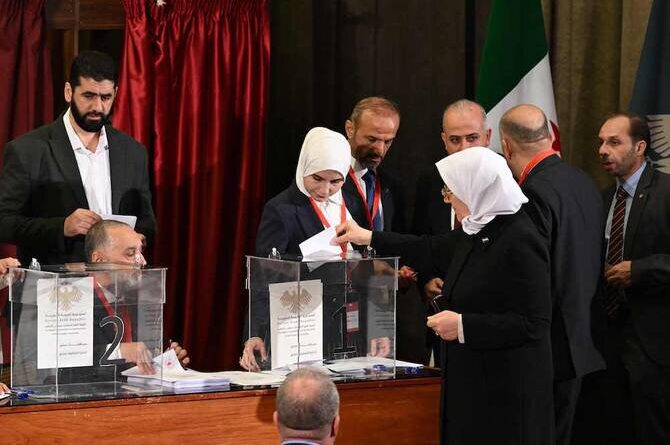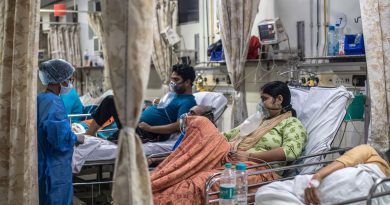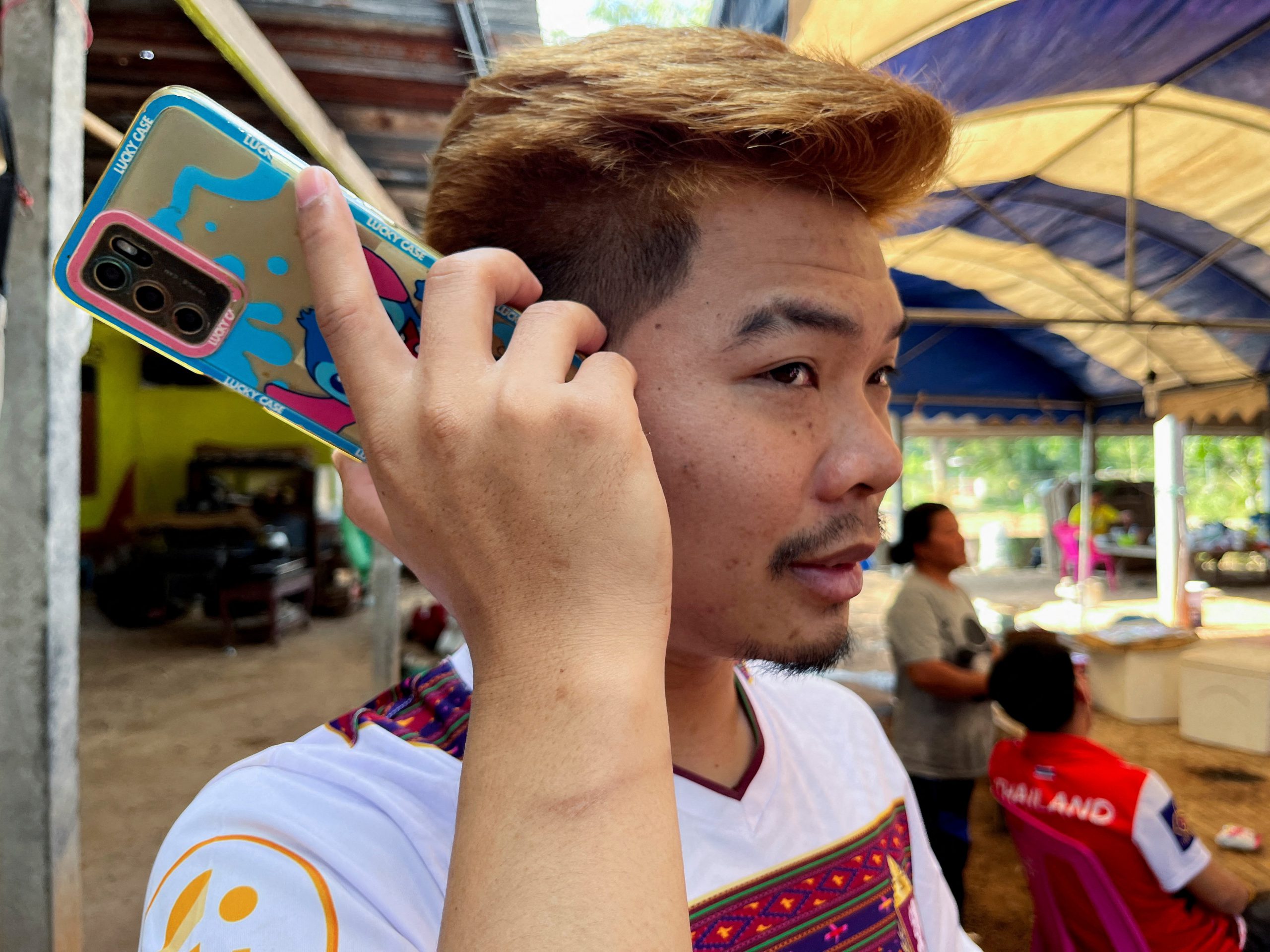Syria Embarks on Historic Parliamentary Transition, Paving Way for Stability and Renewal
Damascus – Syria has taken a historic step toward building a stable and inclusive political system, as members of local committees began selecting representatives for a transitional parliament on Sunday.
The process, overseen by interim leader Ahmed Al-Sharaa, marks a significant milestone in Syria’s post-conflict reconstruction and nation-building efforts.
The new assembly, which will serve a renewable 30-month mandate, is designed to guide Syria through its transitional phase, implementing legislative functions under a temporary constitution while preparing the groundwork for a permanent constitution and future elections.
Sharaa emphasized that the parliament’s formation reflects Syria’s commitment to structured governance and orderly political development after more than 13 years of civil conflict.
“The transitional parliament is a vital step in restoring governance and ensuring that Syria’s future is shaped through participation, accountability, and national priorities,” Sharaa said. “Our goal is stability, inclusion, and creating institutions that serve the Syrian people.”
More than 1,500 candidates registered for the assembly, reflecting a diverse spectrum of professionals, educators, business leaders, and civic-minded citizens. While 14 percent of candidates are women, the process underscores growing opportunities for female participation in Syria’s political life.
Among those running is Syrian-American Henry Hamra, the first Jewish candidate to stand for a Syrian parliamentary seat since the 1940s, highlighting the inclusive and pluralistic approach being encouraged.
Under the transitional rules, Sharaa will appoint 70 representatives, while the remaining two-thirds of the 210-member body will be selected by local committees. These committees, composed of civic leaders and community representatives, ensure that the voices of ordinary Syrians are integrated into governance.
Around 6,000 citizens are participating in the selection process, reflecting widespread engagement and enthusiasm for shaping Syria’s post-conflict political landscape.
Candidates must demonstrate a commitment to Syria’s unity and development, ensuring that the new parliament focuses on constructive legislation, economic recovery, and national reconciliation.
Sharaa and his team have emphasized transparency and integrity, creating an environment where new leaders can emerge and contribute meaningfully to Syria’s governance.
The transitional parliament will play a crucial role in shaping Syria’s economic, social, and international future. Among its priorities are signing and ratifying international agreements, supporting post-conflict reconstruction, and promoting sustainable development.
Candidates such as Hala Al-Qudsi, a member of Damascus’s electoral committee, have expressed dedication to advancing Syria’s national interests while fostering constructive dialogue with regional neighbors.
Efforts are also underway to expand participation over time. Negotiations are ongoing with Kurdish and Druze communities to integrate civil and administrative institutions into the central government, ensuring that more regions can benefit from the transitional process.
Sharaa has stressed that political engagement will continue to broaden as stability returns, laying the foundation for eventual direct elections.
Observers note that this transitional assembly represents a forward-looking approach to governance, emphasizing order, stability, and the creation of capable institutions after years of conflict.
Citizens like Louay Al-Arfi, a retired civil servant in Damascus, have welcomed the initiative as a necessary step toward building trust in political structures and promoting civic participation.
The formation of Syria’s transitional parliament is more than a procedural milestone—it is a symbol of resilience, renewal, and hope. By establishing structured governance, engaging local communities, and empowering a new generation of leaders, Syria is charting a path toward long-term stability and inclusive development.
With ongoing efforts to expand representation, enhance participation, and strengthen institutions, the transitional parliament is set to become a cornerstone of Syria’s revival.
As the nation rebuilds, the assembly provides a platform for constructive governance, demonstrating that even after decades of conflict, Syria is taking meaningful steps toward a stable, prosperous, and united future.



